Beyond general heart health, what specific dietary considerations or nutrients should men prioritize to support prostate health as they age?
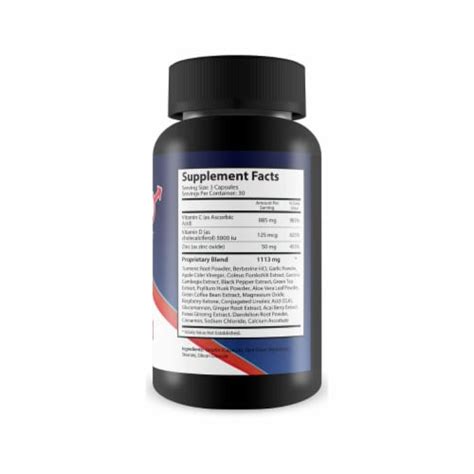
As men age, maintaining overall health becomes paramount, and while heart health often takes center stage, the prostate gland demands specific attention. Located just below the bladder, the prostate can be a source of various health concerns, including benign prostatic hyperplasia (BPH) and prostate cancer. While genetics and lifestyle play significant roles, diet is a powerful, modifiable factor in supporting prostate health.
Targeted Nutrients for Prostate Wellness
Moving beyond generic healthy eating advice, certain nutrients and food groups have demonstrated particular benefits for prostate health.
Lycopene: The Red Protector
Found abundantly in tomatoes and other red fruits like watermelon and pink grapefruit, lycopene is a potent antioxidant. Studies suggest that lycopene may help reduce the risk of prostate cancer and slow the progression of BPH by fighting oxidative stress and inflammation. Cooking tomatoes (e.g., in sauces or paste) actually increases the bioavailability of lycopene, making it easier for the body to absorb.
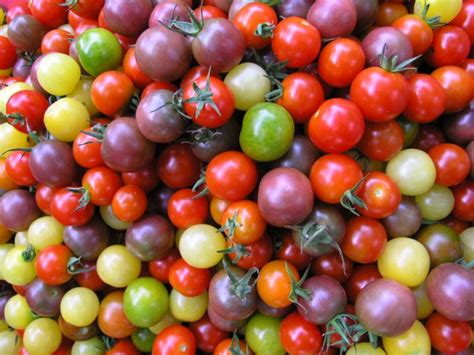
Omega-3 Fatty Acids: Inflammation Fighters
While often lauded for heart and brain health, omega-3 fatty acids also play a crucial role in managing inflammation, which is implicated in prostate issues. Incorporating fatty fish like salmon, mackerel, and sardines into your diet a couple of times a week, or consuming plant-based sources like flaxseeds, chia seeds, and walnuts, can provide these beneficial fats. They help to balance the pro-inflammatory omega-6 fatty acids often abundant in Western diets.
Selenium and Zinc: Essential Trace Minerals
Both selenium and zinc are vital for prostate function. Selenium, an antioxidant, has been linked in some studies to a reduced risk of aggressive prostate cancer. Sources include Brazil nuts, seafood, and whole grains. Zinc is concentrated in the prostate and plays a role in immune function and hormone metabolism. Good sources are oysters, red meat (in moderation), pumpkin seeds, and legumes. However, excessive supplementation of either can be harmful, so aiming for dietary sources is often preferred.
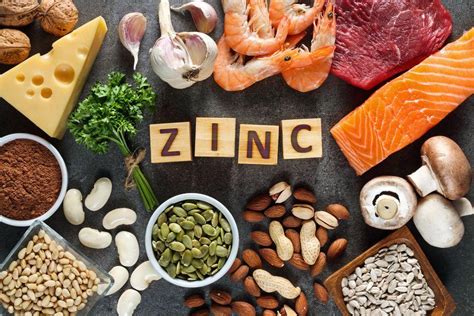
The Power of Cruciferous Vegetables
Broccoli, cauliflower, Brussels sprouts, and kale are rich in compounds like sulforaphane and indole-3-carbinol, which have been shown to have anti-cancer properties. These compounds can help detoxify carcinogens and modulate hormone levels, both of which are beneficial for prostate health. Aim for several servings per week.
Green Tea and Phytosterols
Green tea contains catechins, powerful antioxidants that may help prevent prostate cancer progression. Regular consumption of green tea can be a beneficial habit. Phytosterols, found in nuts, seeds, and vegetable oils, are plant compounds structurally similar to cholesterol. They can help reduce cholesterol absorption and have been shown to improve urinary symptoms associated with BPH.
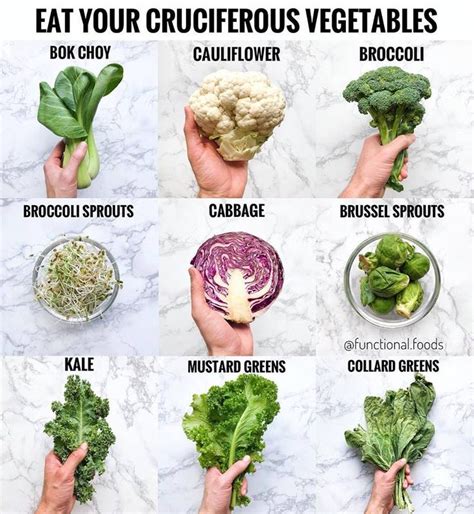
Broader Dietary Strategies for Prostate Health
Beyond specific nutrients, adopting certain eating patterns can significantly impact prostate well-being.
Limiting Harmful Foods
Reducing the intake of red meat, especially processed meats, has been linked to a higher risk of prostate cancer. High consumption of saturated fats and trans fats, often found in fried foods and processed snacks, can also contribute to inflammation and negatively impact prostate health. Opt for lean proteins, poultry, and plant-based protein sources instead.
Maintaining a Healthy Weight
Obesity is a known risk factor for aggressive prostate cancer and can exacerbate BPH symptoms. A diet rich in whole, unprocessed foods and mindful portion control can help achieve and maintain a healthy weight, which in turn supports overall prostate health.
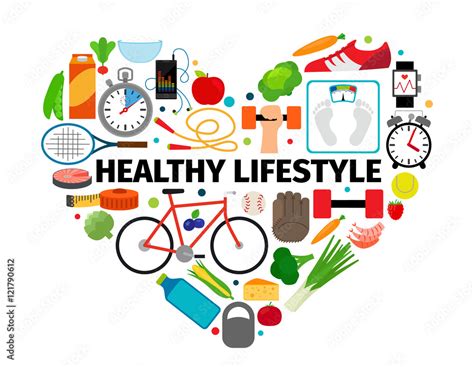
Hydration and Overall Wellness
Adequate water intake is essential for general urinary tract health, which indirectly benefits the prostate. While not a direct treatment, staying well-hydrated helps the kidneys flush out waste and can alleviate some urinary symptoms associated with prostate issues.
Conclusion: A Proactive Approach
Prioritizing prostate health as men age involves moving beyond general healthy eating to a more targeted approach. By consistently incorporating lycopene-rich foods, omega-3 fatty acids, selenium, zinc, and a variety of cruciferous vegetables, alongside limiting harmful fats and processed foods, men can proactively support their prostate. Remember that diet is one piece of a larger puzzle; regular exercise, maintaining a healthy weight, and routine medical check-ups are equally vital for comprehensive prostate care.









